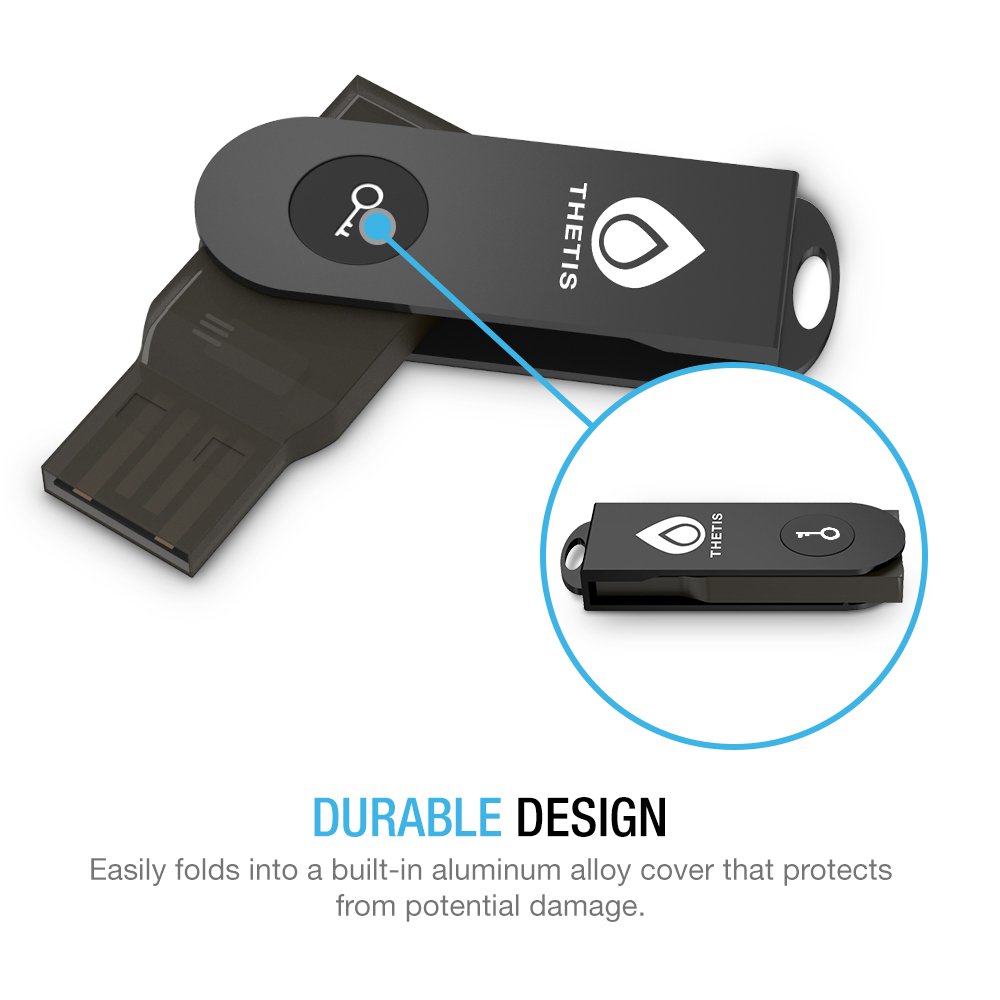

This research aims to explore the problems that password authentication and password policies present and aims to deploy Windows Hello for Business (WHFB) on-premises. Traditional password authentication methods have raised many issues in the past, including insecure practices, so it comes as no surprise that the evolution of authentication should arrive in the form of password-less solutions. Our results illustrate both the importance and limits of usability on acceptability, adoption, and adherence in Two-Factor Authentication. With the primary halt points mitigated, we could identify the remaining principle reasons for rejecting 2FA, like fear of losing the device and perceptions that there is no individual risk of account takeover. We repeated the experiment, showing that these recommendations enhanced ease of use but not necessarily acceptability. Based on these findings, we proposed certain design changes, some of which were adopted by Yubico.


Despite the Yubico Security Key being among best in class for usability among hardware tokens, participants in a think-aloud protocol still encountered several difficulties in usage. This token has notable usability attributes: tactile interaction, convenient form factor, physical resilience, and ease of use. We analyzed acceptability and usability of the Yubico Security Key, a 2FA hardware token implementing Fast Identity Online (FIDO). Why do individuals choose to use (or not use) Two Factor Authentication (2FA)? We sought to answer this by implementing a two-phase study of the Yubico Security Key.


 0 kommentar(er)
0 kommentar(er)
